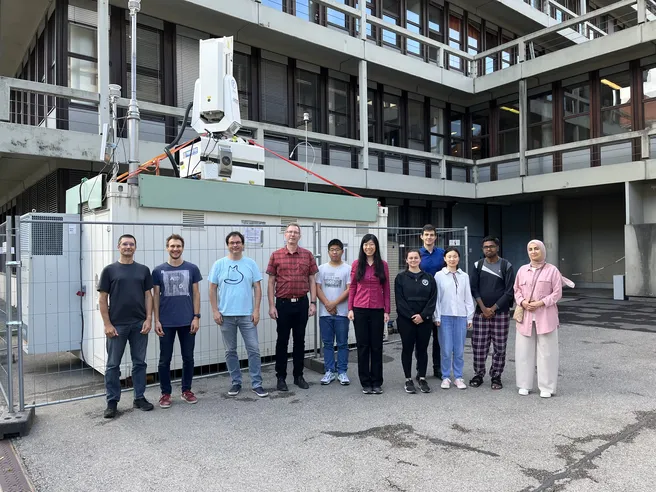A collaborative effort between three distinguished groups - Technical University of Munich (Dr.-Ing. Jia Chen), Harvard University (Dr. Frank N. Keutsch), and Karlsruhe Institute of Technology (Dr. Harald Saathoff) - aims to comprehensively understand and improve air quality in Munich. This ambitious project utilizes real-time measurements combined with sophisticated modelling tools to delve into the complexities of air pollution.
Despite notable advancements in air quality regulations, Munich still faces challenges, especially concerning secondary pollutants like O3 and PM2.5. These pollutants exhibit non-linear responses to primary emissions, making it challenging to gauge the impact of emission reduction on air quality accurately. Additionally, factors such as atmospheric chemistry and unfavorable meteorological conditions play pivotal roles in determining air quality levels.
The project seeks to answer the crucial question: Does reducing emissions genuinely lead to improved air quality? The answer is not straightforward, as it depends on various factors, including location and time. To address this complexity and pave the way for a cleaner future, the project focuses on gaining crucial insights into secondary pollutant formation and the role of precursors like NOX and various VOCs.
In 2023 (summer) and 2024 (winter), a planned campaign will measure secondary pollutants and their precursors through real-time measurements. This data, combined with advanced modeling tools,
will enable the identification of suitable mitigation strategies. The ultimate goal is to foster a better air quality environment in Munich by limiting the formation of secondary pollutants.
Through this collaboration, the project aspires to contribute meaningful solutions that can benefit not only Munich but also inspire similar initiatives worldwide, ensuring a healthier and cleaner future for all. Stay tuned for updates on our progress as we embark on this vital mission to improve air quality in Munich.
Funding for this significant endeavor is generously provided by the Institute for Advanced Studies (IAS), Technical University of Munich, under the prestigious Hans Fischer Senior Fellowship.
News
Enhancing Air Quality in Munich: Real-Time Measurements and Sophisticated Modelling
